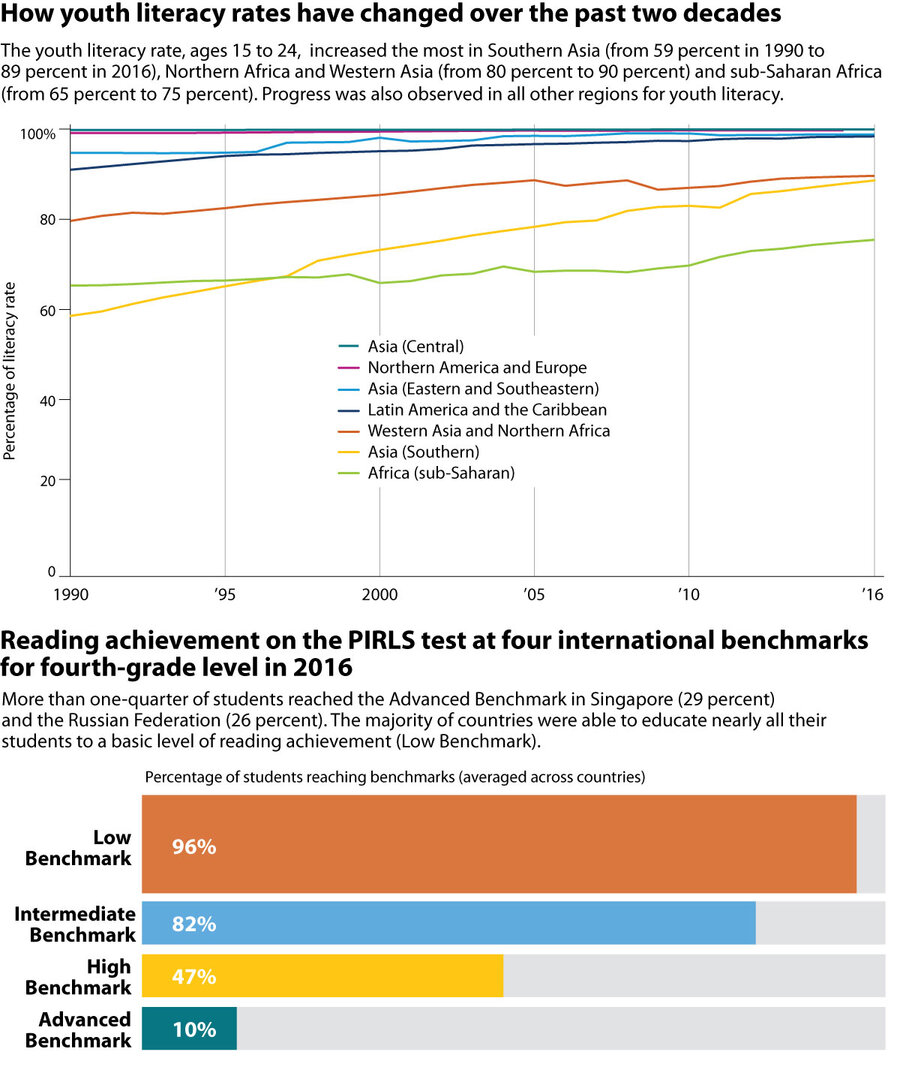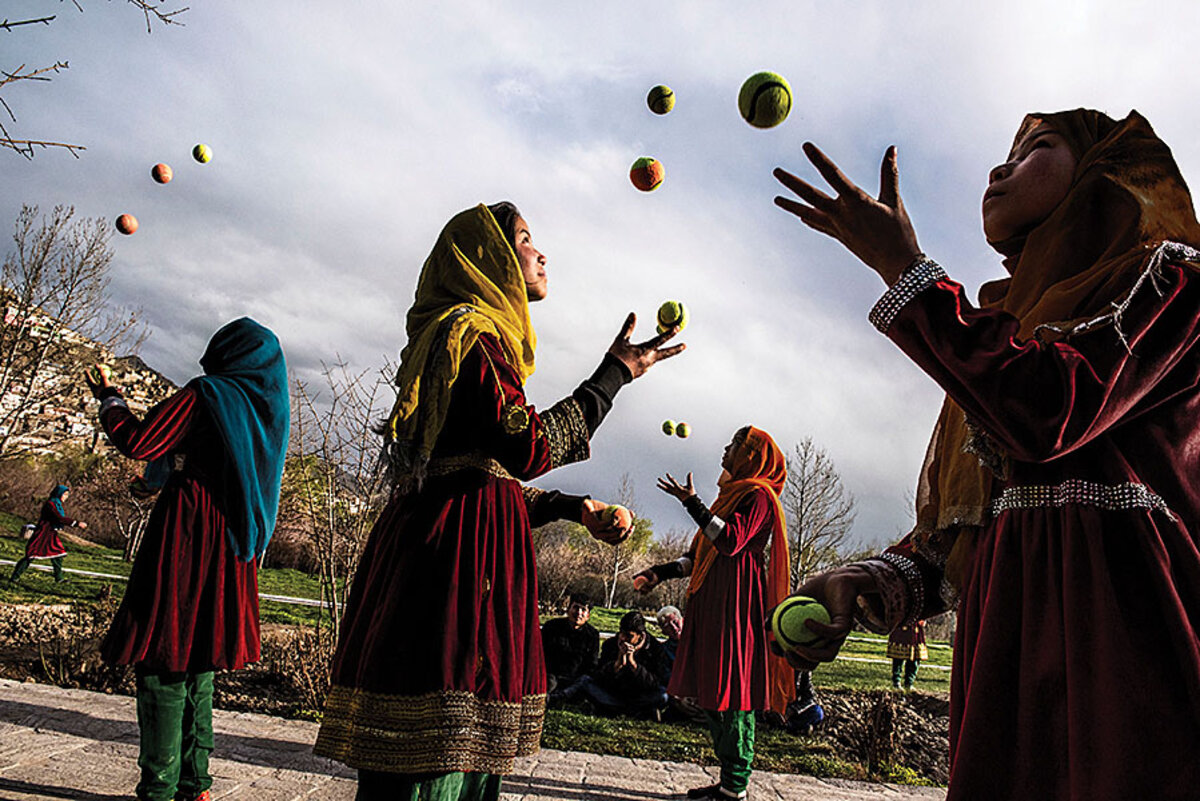When the snowflakes of ash stop falling in tinder-dry southern California, the work will turn to recovery – and then, if experts are heeded, to smart adaptation.
Monitor Daily Podcast
- Follow us:
 Clayton Collins
Clayton Collins
This was a week of more reckoning, and small signs of paths forward.
On Thursday Rep. Trent Franks (R) of Arizona became the third congressman to step down within days amid charges of sexual impropriety. Gender relations could not be more fraught as male power projectors are serially held to account.
Will public attitudes support a climate that favors more such justice? A on perceptions around masculinity and femininity shows that while opinions break in perhaps expected ways by gender and political leanings, a majority of Americans say more should be done “to encourage girls to be leaders and to stand up for themselves.”
Justice and hope also flashed through a realm that has mostly dropped from the news cycle: race. In South Carolina, the white former police officer who shot and killed Walter Scott, a 50-year-old black man, during a traffic stop in 2015, Thursday for second-degree murder and obstruction of justice.
According to a report from the courtroom, the ex-officer, Michael Slager, turned to Mr. Scott’s mother and mouthed, “I’m sorry.” She replied: “I know.”
Will healing attitudes on race broaden, too? There’s hope in the popularity of an uplifting on a black 22-year-old Harlem rapper who befriended a white 81-year-old woman from Florida by way of the online game Words with Friends. Their online conversation had become about life.
The two recently met in person and embraced. Said the young man, Spencer Sleyon: “A lot of people I saw online said, ‘I needed a story like this.’ ”
Check CSMonitor.com for early takes on the "Brexit" story and other news. Now, here are our five stories for your Friday, chosen to highlight adjustment, compassion, and creativity in action.











